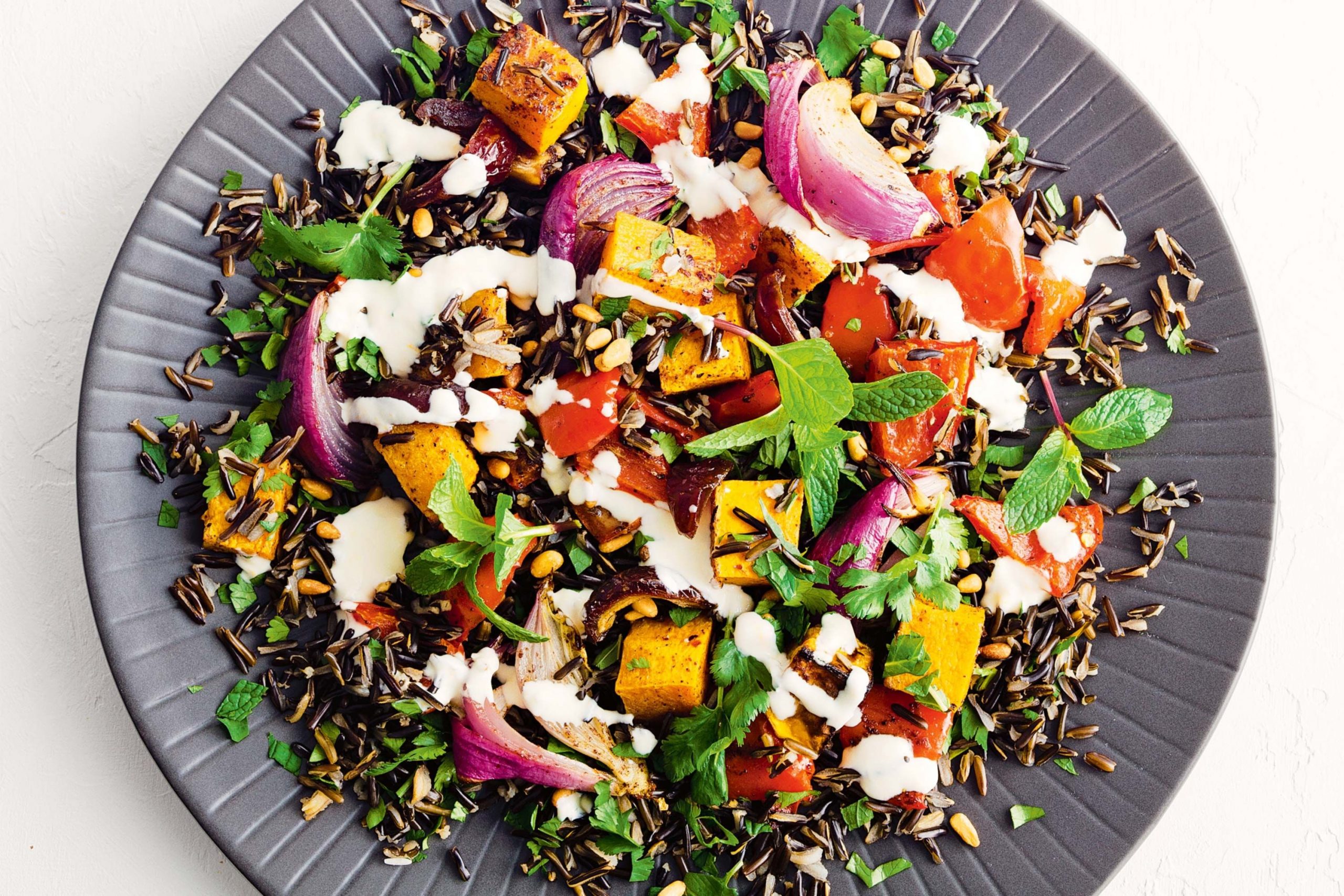About 8 million adults in the U.S. are vegetarians, and for good reason. Studies show that giving up meat for more plant-based foods can help you stay healthy.
That said, is a meatless meal plan a safe choice for kids, whose bodies and brains are still growing? How can you make sure they’re choosing foods that will give them the nutrients they need?
What It Means to Be Vegetarian
A vegetarian chooses not to eat meat, chicken, and fish. Your child also has some other options within that group, such as:
Lacto-ovo vegetarian: He’ll still eat dairy foods and eggs.
Flexitarian: He’ll try to avoid meat, chicken, and fish, but may eat them sometimes.
Vegan: He won’t eat any animal products or by-products.
Is a Vegetarian Diet Healthy for Kids?
“Research has shown that people following vegetarian diets tend to be healthier than meat eaters,” says Debra Nessel, a registered dietitian with Torrance Medical Center.
The reason? Cut out meat and you often get less unhealthy saturated fat and cholesterol and eat more fiber.
But passing on all animal-based foods may make it trickier for your child to get some essential nutrients, Nessel says.
For instance, you’ll need to keep an eye on:
Protein. Kids need it to build and maintain muscles, organs, and their immune system. Ovo-lacto vegetarians can get protein from eggs and dairy products. But you can also get some protein from plant sources, like peas, beans, lentils, vegetables, seeds and nuts, and whole grains.
Vitamin B-12: Healthy nerve and blood cells depend on this vitamin. Vegetarians can get it from fortified cereals, meats substitutes like tofu or tempeh, and nutritional yeast.
Zinc: Too little zinc can slow a child’s growth and impair their immune system. Leavened grain products like bread are an easy, kid-friendly source.
Iron. Your red blood cells need iron to carry oxygen throughout your body. Try iron-fortified breakfast cereals, spinach, kidney beans, and lentils.
Calcium. This mineral’s key for strong bones and teeth. Look for foods with extra calcium, such as cereals, orange juice, and soymilk. Since bones grow quickly during the teen years and most kids this age tend to get too little calcium, your doctor might also suggest a supplement.
Continued
What Else Should I Know?
“Vegetarian” doesn’t equal “healthy.” “Doritos and cheese pizza are technically part of a vegetarian diet,” points out Lori Zanini, a registered dietitian in Los Angeles. “The quality of the foods in your diet are the most important factor.”
Growing kids need calories. Many vegetarian foods are low in fat and high in fiber. While that’s helpful for adults watching their weight, it’s not ideal for kids whose bodies are still developing. Ask your doctor or a dietitian to help you find the best foods your child can eat to stay healthy.
What’s the Verdict?
A vegetarian can be a healthy choice for your child — so long as he can commit to eatinglots of different foods, including vegetables, fruits, beans, nuts, and whole grains.
And remember, there are no strict rules. “You can still get the benefits [of a vegetarian diet] by including more plant foods into each meal,” points out Alissa Rumsey, a spokesperson for the Academy of Nutrition and Dietetics.





